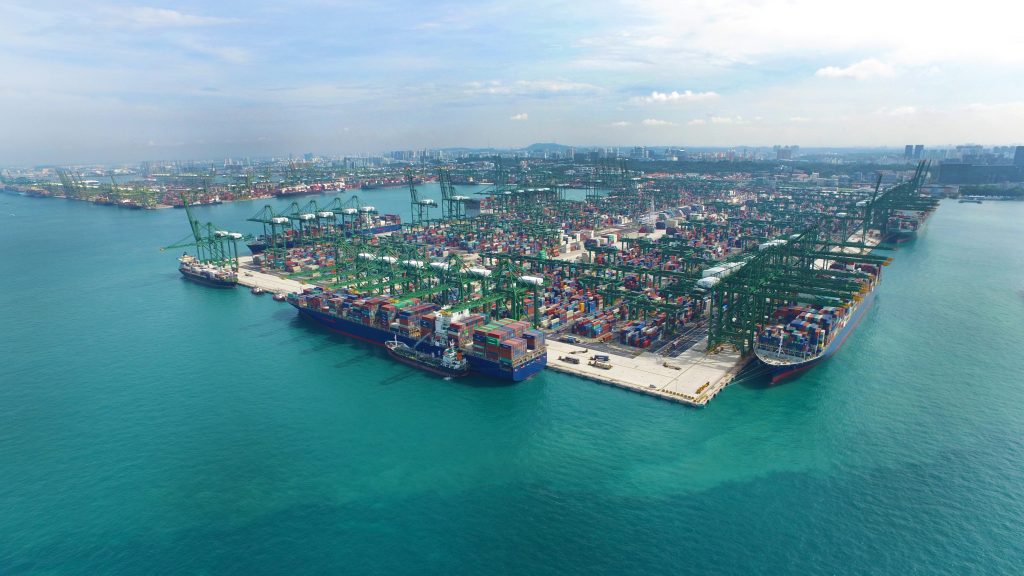Transport service stakeholders handling cargo movements via Singapore Port face a heightened operational challenge complying with a new set of customs rules due to come into effect from 1 September.
The requirement calls for advanced or pre-filing of export/import/transhipment cargo information, under what the authority calls a revised “free trade zone (FTZ) regime that was implemented in March 2024.”
The FTZ regulations require cargo interests to submit import cargo information on long-haul trades 12 hours prior to each vessel’s arrival at berth in Singapore Port and for short-haul trades, this requirement must be done not later than the vessel’s departure from the port.
For export cargo, submissions will need to be filed within 24 hours after the vessel’s departure from the port.
Non-compliance would mean significant penalty and other implications for ship agents, which ultimately trickle down to the cargo owners.
“Singapore Customs will review the cases of missing, late, or inaccurate submission of B/L (bill of lading) data on a case-to-case basis, to determine the reasons for non-compliance and the appropriate penalty to be imposed,” Hapag-Lloyd said in a customer advisory.
The carrier also noted: “If any shipping agent, without reasonable excuse, fails to comply with the specified requirements of this circular pertaining to the submission of information under Section 14N(2) of the Act, it shall be guilty of an offence under Section 14N(3) of the Act, and shall be liable on conviction to a fine not exceeding SGD 10,000 or to imprisonment for a term not exceeding 12 months or to both.”
According to industry observers, any regulatory reforms with time-definite compliance requirements could prove to be painful for service providers, given the complexity of global supply chains and the amount of data management typically involved.
In 2018, New Delhi also designed and rolled out a new cargo manifest regime — somewhat akin to the 24-hour advance cargo manifest declaration for US cargo — but its implementation has been slow or tardy because of various industry concerns.
Known as the “Sea Cargo Manifest and Transshipment [SCMT] Regulations 2018,” the framework requires ocean carriers and other stakeholders to submit manifest data much prior to the vessel’s arrival at or departure from Indian ports.
According to the latest indications, the implementation is targeted for 31 August, after a series of deadline extensions.
But industry groups are still working with customs and other related agencies on fixing many unsettled pain points. For example, the Chennai and Ennore Ports Steamer Agents’ Association (CHENSAA) last month raised several operational hiccups their members had to deal with.
News source: https://container-news.com/shippers-carriers-get-ready-for-tighter-customs-rules-at-singapore-from-september/


Leave a reply